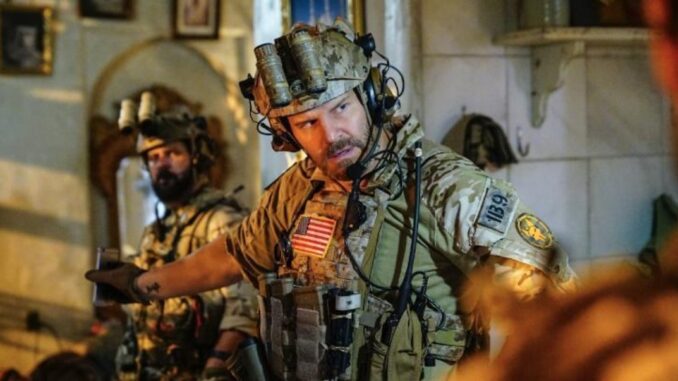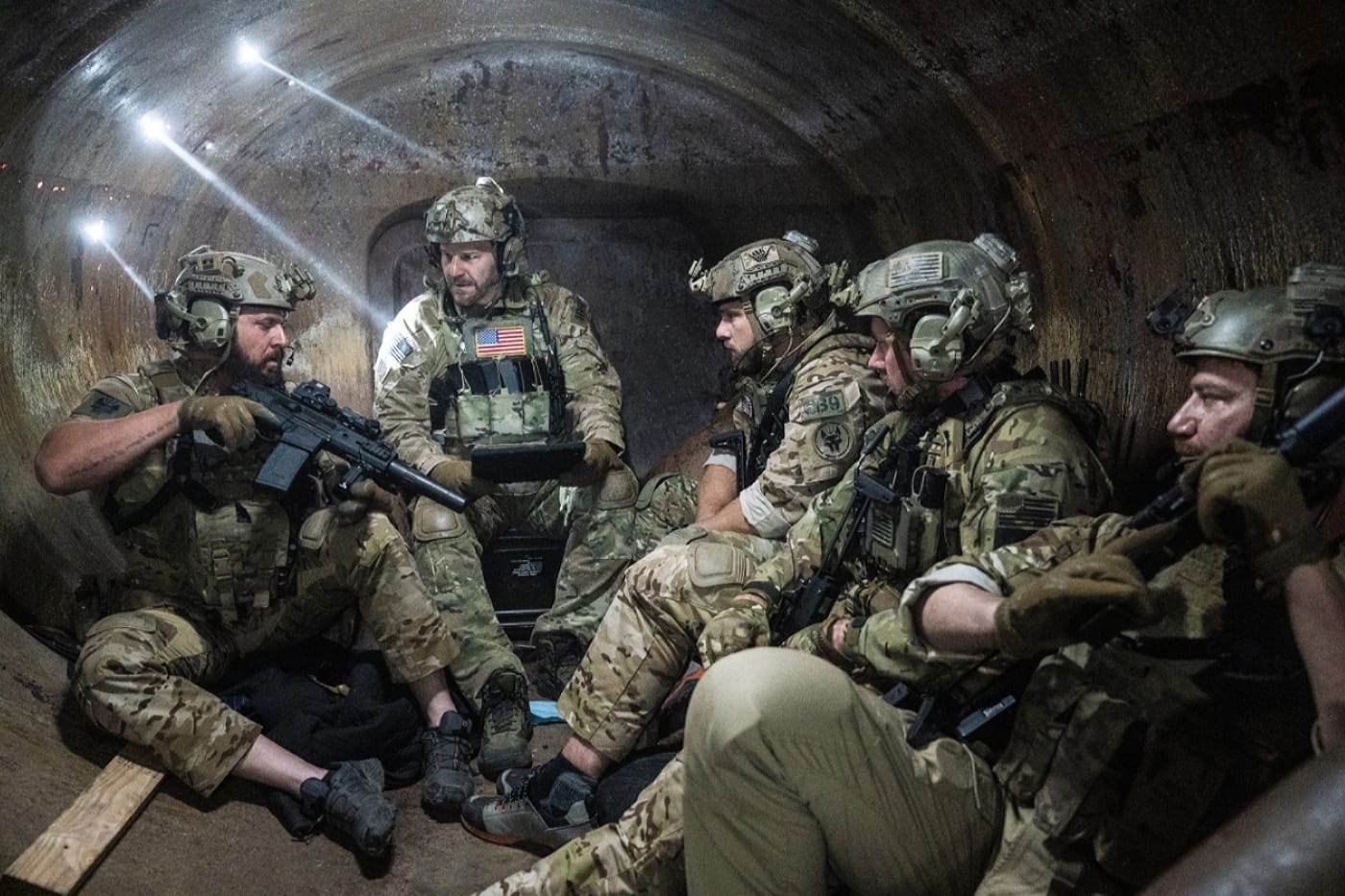
Back in 2018, during CBS’ May Upfronts, I once suggested to the network’s entertainment chief that SEAL Team’s renewal for Season 2 must have been a close call — after all, the freshman drama’s ratings seemed “disappointing.”
That assumption, as it turned out, was wrong. SEAL Team at the time ranked No. 3 in the key demo among all CBS dramas, even if it only managed ninth in total viewers. Yet, even then, halfway through Season 2, the question remained: why wasn’t this show doing better?
Because SEAL Team was — and remained throughout its seven-season run — one of the most gripping, well-crafted military dramas on network television.
From the tragedy that shattered Jason Hayes’ home life to Sonny Quinn’s near-fatal brush with drowning, and the explosive missions that took Bravo Team across the world, the show consistently balanced cinematic action with deeply human storytelling. It never settled for being just another “stop the next Bin Laden” procedural. Instead, it sent its team on a wide range of unpredictable, morally complex operations — from high-stakes rescues to political assassinations gone wrong — each testing their loyalty, limits, and hearts.
The cast, led by David Boreanaz, anchored the show with raw emotional depth. As Jason Hayes, Boreanaz delivered one of his career’s most layered performances — a soldier haunted by loss, fractured by duty, and struggling to stay a father amid the chaos. A.J. Buckley, Neil Brown Jr., and Max Thieriot each built distinct, flawed, and compelling warriors in Sonny, Ray, and Clay, their chemistry forming the emotional core of the series. Even Judd Lormand’s calculating Lt. Commander Blackburn brought constant intrigue, his every decision straddling the line between tactical and moral conflict.

And the women of SEAL Team — Toni Trucks’ Lisa Davis and Jessica Paré’s Mandy Ellis — brought strength, intelligence, and empathy to a world dominated by combat and control. Davis’ journey from logistics officer to officer candidate school gave the show a rare look at the personal evolution of a woman fighting to belong in a male-heavy military space.
The show’s production values were consistently top-tier, achieving cable-level scale on a broadcast budget. Realistic sets, authentic stunt work, and heart-stopping combat sequences made viewers feel like they were in the line of fire. Yet its quietest moments — the homecomings, the arguments, the empty silences — often hit the hardest.
When SEAL Team first premiered in 2017, it entered a crowded field. The same TV season saw multiple military dramas (Valor, The Brave, and SIX). But while the others fell away, SEAL Team endured. CBS clearly saw something more than just numbers — it saw potential, purpose, and heart.
And it was right.
Over seven seasons, SEAL Team evolved from a mid-rated procedural into a deeply respected, character-driven war drama that dared to show the true cost of service. It survived network moves, streaming transitions, and fierce competition, eventually finding new life — and a devoted audience — on Paramount+.
So while those early years were filled with doubts and declining ratings, SEAL Team outlasted every single one of its rivals. It became not only a story about soldiers, but a testament to resilience — both on-screen and off.
In the end, as Bravo Team completed its final mission in Season 7, it wasn’t the numbers that mattered. It was the journey. The brotherhood. The fight.
And for those who followed them all the way to the end, SEAL Team didn’t just survive — it left with honor.
